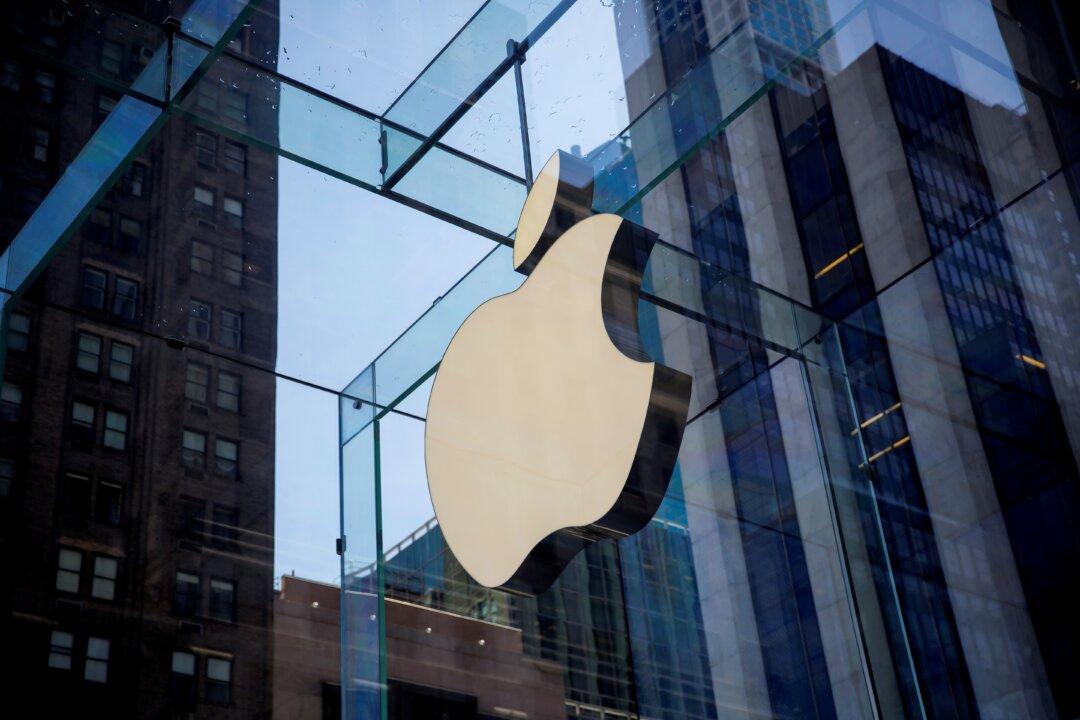Apple is set to shell out up to $500 million in a class-action lawsuit settlement, and iPhone 6, 7, and SE model owners will be eligible for compensation.
The lawsuit alleged that Apple issued software updates which slowed down the performance of their iPhones. Though the settlement was agreed upon years ago, it was caught up in appeals and court procedures. The Ninth Circuit Court of Appeals recently dismissed an appeal, paving the way for the settlement to finally be disbursed, according to an Aug. 9 press release by Cotchett, Pitre & McCarthy, LLP, the co-lead counsel representing Apple customers in the case.





